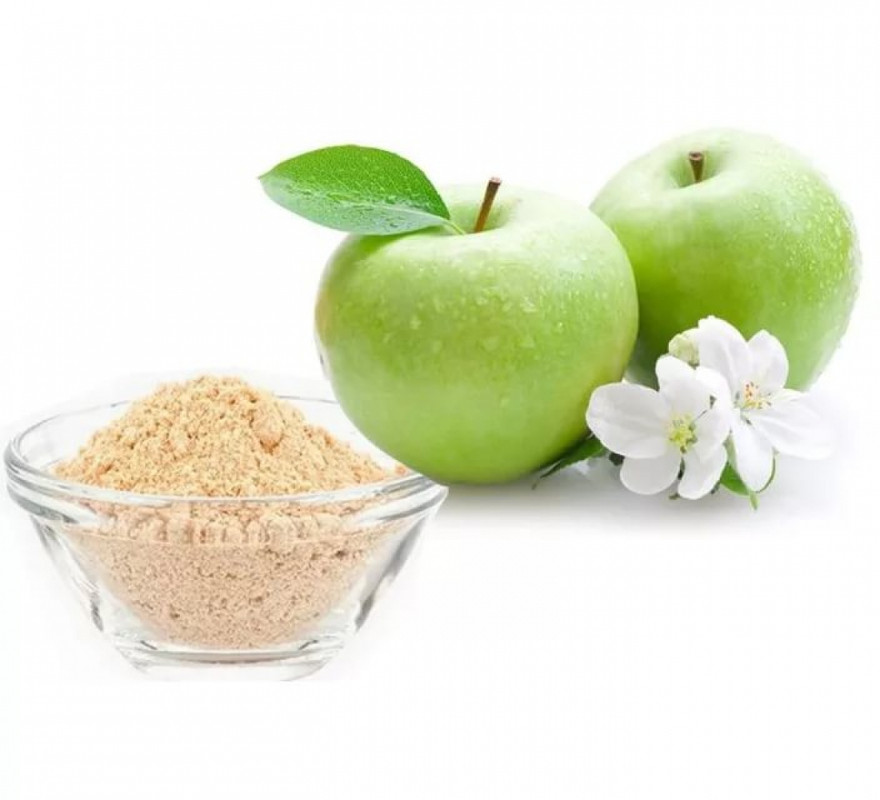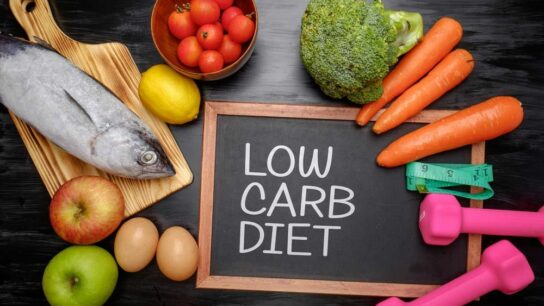Pectin is a naturally occurring substance found in various fruits, commonly used as a gelling agent in cooking and food preservation. While pectin is derived from plant sources, there may be some considerations regarding its vegan status. In this comprehensive guide, we’ll delve into the origins of pectin, its production methods, and whether it aligns with vegan principles. Additionally, we’ll address common questions and concerns surrounding the vegan status of pectin.
Understanding Pectin
Pectin is a complex carbohydrate found in the cell walls of fruits, particularly apples, citrus fruits, and berries. It serves as a structural component, providing rigidity to the cell walls and contributing to the firmness and texture of fruits. When heated with sugar and acid, pectin forms a gel-like substance, making it a popular ingredient in jams, jellies, and fruit preserves.
Is Pectin Vegan?
Yes, pectin is generally considered vegan. Since it is derived from plant sources, specifically fruit peels and cores, pectin does not involve the use of animal-derived ingredients. Furthermore, the production process typically does not involve animal products or by-products.
Pectin Production Process
The process of extracting pectin from fruit involves several steps, including:
Harvesting
Fruits rich in pectin, such as apples or citrus fruits, are harvested when they reach maturity.
Preparation
The fruit is washed and peeled, and the peels and cores are collected for pectin extraction.
Extraction
The peels and cores are boiled in water to release the pectin. The resulting liquid is filtered to remove solid particles.
Concentration
The pectin-rich liquid is concentrated by boiling off excess water, resulting in a thick pectin solution.
Drying
The concentrated pectin solution may be further processed and dried to produce pectin powder or sheets for commercial use.
Throughout this process, no animal-derived ingredients or by-products are typically used, making pectin suitable for vegan consumption.
FAQs
Is all pectin vegan?
Most commercially available pectin is vegan, as it is derived from plant sources. However, it’s essential to check the ingredient list or verify with the manufacturer to ensure that no animal-derived ingredients or by-products are used.
Are there different types of pectin?
Yes, there are various types of pectin, including high methoxyl pectin, low methoxyl pectin, and amidated pectin. These types differ in their gelling properties and are used in different applications.
Can vegans consume foods containing pectin?
Yes, vegans can consume foods containing pectin, such as jams, jellies, and fruit preserves, as long as they are free from animal-derived ingredients.
Are there any concerns regarding the vegan status of pectin?
While pectin itself is vegan, there may be concerns about additives or ingredients used in certain pectin formulations. It’s essential to review the ingredient list and choose products that align with vegan principles.
Are there alternatives to pectin for vegan cooking
Yes, there are alternatives to pectin for thickening and gelling in vegan cooking, such as agar-agar, carrageenan, and guar gum. These ingredients are derived from plant sources and are suitable for vegan diets.
Can pectin be used in savory dishes?
While pectin is commonly used in sweet dishes such as jams and desserts, it can also be used in savory dishes to thicken sauces, soups, and glazes.
Is pectin considered a healthy ingredient?
Pectin is a natural substance found in fruits and is generally considered safe for consumption. It is low in calories and does not contain fat or cholesterol. Additionally, pectin may have health benefits, such as promoting digestive health and lowering cholesterol levels.
Conclusion
In conclusion, pectin is a vegan-friendly ingredient commonly used as a gelling agent in cooking and food preservation. Derived from plant sources, particularly fruit peels and cores, pectin does not involve the use of animal-derived ingredients or by-products in its production process. While pectin is generally considered safe and suitable for vegan consumption, it’s essential to verify the ingredients in pectin-containing products to ensure they align with vegan principles. By understanding the origins and production methods of pectin, vegans can confidently incorporate this versatile ingredient into their culinary repertoire.




